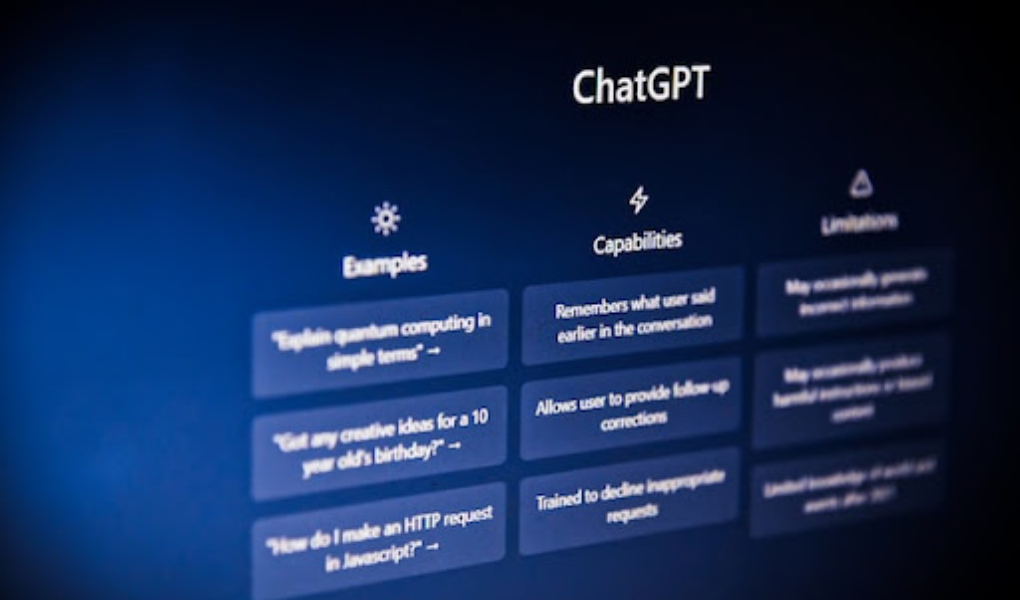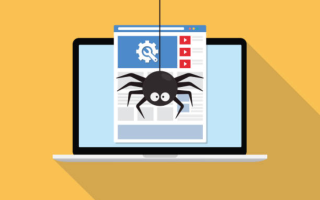ChatGPT is a large language model created by OpenAI that is capable of generating human-like responses to natural language inputs. It was established in 2022 and is based on the GPT-3 (Generative Pre-trained Transformer 3) architecture.
ChatGPT has been trained on a massive amount of text data and can understand and generate text in a variety of languages and topics and the implications of ChatGPT for Customer Experience are significant. Its capabilities include language translation, question answering, and even creative writing.
ChatGPT can be used in many different ways, such as making chatbots, virtual assistants, or tools to help create written content that leads in optimizing search engines.
Table of Contents
ChatGPT: The Replacement of Chatbots and People In the Market
ChatGPT has not replaced chat bots or people, but rather it is a tool that can be used to enhance their capabilities. Chatbots are still widely used for customer support and other applications, and they can be improved by integrating ChatGPT’s language generation capabilities.
Similarly, while ChatGPT is capable of generating natural language responses, it still lacks the cognitive abilities and understanding of human experiences and emotions that humans possess. Therefore, it is unlikely that ChatGPT will replace people in all applications. However, it has the potential to augment human capabilities and provide more efficient and personalized interactions in certain contexts.
ChatGPT: The Positive Side
1. Customer service
ChatGPT can be used to provide automated and personalized responses to customer inquiries, thereby reducing the workload of customer service representatives and improving customer satisfaction.
2. Language Translation
ChatGPT’s language generation capabilities can be used to translate text from one language to another, which can be helpful for communication in a globalized world. AI chatbot and machine learning technology creates virtual assistance that can aid to this purpose.
3. Content creation
ChatGPT is a computer program that can make content like product descriptions, social media posts, and news articles, which saves time and resources for creators. It can also make customized stories, screenplays, and song lyrics to match people’s preferences as of generative ai. Revolutionary technology like ai art and language models has the potential to transform the consumption and interaction of creative content by altering the current landscape.
4. Education
ChatGPT can be used to create interactive and personalized learning experiences, such as virtual tutors and language learning applications. Check out our Blogs for information on the use of AI technology.
5. Mental health
ChatGPT can be used to provide mental health support, such as chatbots that offer cognitive-behavioral therapy or mental health assessments.
6. Interaction
ChatGPT has also been helpful in creating more natural and engaging interactions between machines and humans. ChatGPT’s skill to produce natural-sounding replies to text has allowed the creation of chatbots and virtual assistants that can communicate digitally with people more efficiently through the implementation of AI chatbot and machine learning. Improved user experience has been observed in e-commerce, healthcare, business school and banking due to the integration of AI technology and chatbots.
7. Language generation
ChatGPT’s language generation capabilities have also been useful in creating more inclusive and accessible technologies. ChatGPT can help people who are blind or visually impaired by generating text descriptions of images and videos. It can also enhance accessibility by generating text-to-speech systems that read text aloud in multiple languages, making information more easily accessible to those with different language abilities.
See also: Pros And Cons Of Using AI To Write Your Content
Negative Side of AI and Chatbots
1. Job loss
Using AI and chatbots to automate tasks can potentially result in job loss for humans who used to perform those tasks. For instance, chatbots can automate customer service interactions and decrease the need for human customer service representatives. They can also automate repetitive tasks, like data entry, and remove the requirement for administrative staff.
AI and chatbots become more advanced, they may also replace workers in more complex and skilled roles, such as radiology or financial analysis. This can lead to significant job displacement and economic disruption.
2. Discrimination
AI and chatbots can cause bias and discrimination when they are trained on biased or incomplete data. If the data used to train an AI model or chatbot is skewed in favor of one group or contains discriminatory patterns, the resulting system may produce biased or discriminatory outcomes.
For example, if an AI hiring tool is trained on data that disproportionately favors men, it may end up excluding qualified women from job opportunities. Similarly, a chatbot that is trained on biased data may provide inaccurate or discriminatory responses to certain groups of people. To prevent bias and discrimination in AI and chatbots, it is important to use diverse and representative datasets and to test and evaluate systems for potential bias.
3. Lack of empathy
AI and chatbots lack the emotional intelligence and empathy of human beings, which can make interactions with them feel cold and impersonal. While ChatGPT is capable of generating human-like responses to natural language inputs, it lacks emotional intelligence and the ability to empathize with people. This can make interactions feel less satisfying and may even be detrimental in certain contexts, such as mental health counseling or crisis intervention. Without empathy, ChatGPT may struggle to understand the nuances of human emotions and may provide inaccurate or inappropriate responses.
4. Privacy and security concerns
AI and chatbots can lead to privacy and security concerns because they collect and store data about users. AI and chatbots can gather sensitive data, such as personal and financial information and health records, potentially leading to privacy violations and data breaches. Without proper protection, hackers or other malicious actors can exploit this information, leading to privacy violations and data breaches.
5. Reliance on technology
Over-relying on technology can result in complacency and a lack of innovation. Depending too much on existing technology can discourage individuals from exploring new ideas and developing new solutions to emerging problems.
Proper Use of AI and Chatbots
- The chatbot and use it only for its intended purpose. Avoid using it for irrelevant or inappropriate conversations.
- Chatbots rely on clear and concise language to understand and respond to user requests. Use simple and direct language when communicating with the chatbot.
- Chatbots are programmed to be polite and respectful when communicating with users. Make sure to treat the chatbot in the same way, avoiding rude or offensive language.
- Chatbots rely on accurate information to provide the best possible response. Make sure to provide correct and complete information to avoid misunderstandings or incorrect responses.
- Chatbots may not always be secure.To avoid privacy violations and data breaches, refrain from sharing sensitive information with AI systems and chatbots. Stick to basic information that is necessary for the chatbot to perform its intended function.
The Future of ChatGPT and AI
The future of ChatGPT and AI is exciting and rapidly evolving. As AI technology advances, Businesses and SEO Agency will have more opportunities to automate customer service, support, and other interactions using more sophisticated chatbots, AI-powered systems, reinforcement learning and data science that can accurately and effectively understand and respond to human language leading in improving efficiency and cost savings.
However, it may also lead to job displacement and changes in the job market, as workers are replaced by AI-powered systems. AI and chatbots are progressing, and their integration into daily life is increasing with new applications emerging in healthcare, education, and entertainment, among other areas. These advancements will revolutionize how we interact with technology and enhance our overall experiences in various aspects of life.
Continued advancement in AI and chatbot technology will necessitate continuous investment in research and development. Furthermore, it is crucial to actively prioritize the ethical, secure, and inclusive design and deployment of AI and chatbots. This will involve ongoing measures to enhance these technologies’ privacy and security measures, promoting inclusivity and ensuring that they align with societal norms and values.
Conclusion
Overall, the future of ChatGPT and AI holds tremendous promise, but it will also require ongoing efforts to address the challenges and opportunities that come with this rapidly evolving technology. The evolution and growth of ChatGPT have been remarkable in recent years. The technology has rapidly advanced, with new capabilities for generating human-like responses and interacting with users in a more natural and intuitive way. While the growth of ChatGPT has brought many benefits, it has also raised concerns about privacy, security, and job displacement.



